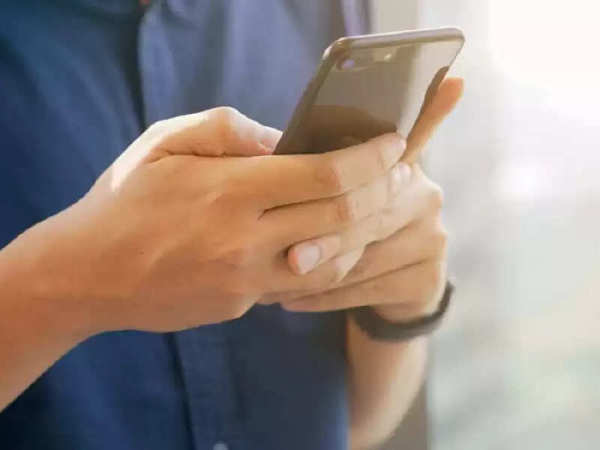
Many functions in smartphones, such as auto-brightness and auto-rotate, are accomplished through sensors. Many sensors are built into the phone. Today, let's learn about these sensors and their functions.
Smartphone sensors play a vital role. Whether it's rotating a video when the phone is rotated or counting steps in your pocket, all these functions are made possible by the sensors. In a way, sensors are what make a phone a smartphone. For your information, let's note that a phone contains not just one but many sensors. Today, we're going to tell you about these sensors and their functions.
Accelerometer Sensor
This sensor measures acceleration, or the rate of change in an object's velocity, as you walk. Taking a step causes forward acceleration, and stopping when you step. The accelerometer in your phone measures this cycle.
Proximity Sensor
This sensor monitors the distance between the phone and your face. You may have noticed that when you bring your phone close to your ear during a call, its display turns off, and when you remove it from your ear, it turns back on. This is done by the proximity sensor.
Gyroscope Sensor
This sensor monitors the phone's rotational movement. For example, when you play a racing game and turn your phone left, the car or bike turns left. In addition to gaming, this feature is also useful in camera stabilization.
Ambient Light Sensor
It measures the ambient light. If there is excessive light around the screen, it increases the brightness so that the user can see the screen clearly. Similarly, in darkness, it reduces the screen brightness.
GPS and Barometer Sensors
GPS's entire function is related to location. Whether it's navigation or tracking, this sensor provides location data via satellite. Speaking of the barometer sensor, it enhances GPS data accuracy and helps determine altitude.
Magnetometer Sensor
You may have used a compass on your phone. This feature, with a layout similar to an old-fashioned compass, provides direction. The magnetometer sensor in phones is responsible for the proper functioning of digital compasses. It also helps with navigation.
Fingerprint Sensor
This sensor performs biometric authentication to lock or unlock the phone. Many smartphones have it located below the screen, while others have it located near the power button.